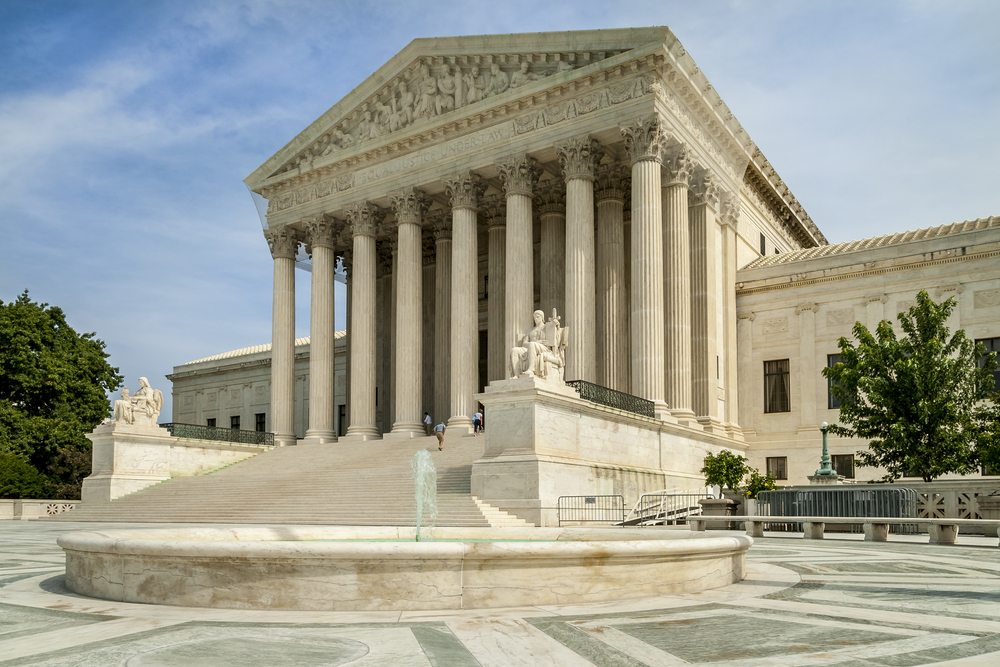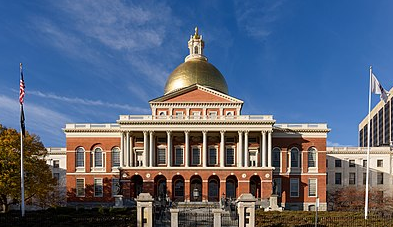Nov. 11, 2020 – In yesterday’s oral arguments before the U.S. Supreme Court in the case concerning the constitutionality of the Affordable Care Act (ACA), several conservative justices, including two added to the bench since the last time the Supreme Court affirmed the ACA – Justices Neil Gorsuch and Brett Kavanaugh – asked questions that provide some insight into how they may view the situation.
In particular, Kavanaugh’s decisions in other cases suggest he might be receptive to the argument that, even if the individual mandate is found unconstitutional, that provision is independent of – or “severable” from – other provisions and the ACA itself could stand. Kavanaugh seemed highly skeptical of arguments that Congress intended all of the act to be nonseverable, even though it had not said so in the law. “We have a strong background assumption of severability, and we know that Congress knows how to write a nonseverability clause,” he stated.
The justices treated the occasion with the gravity it deserves. Even Justice Clarence Thomas, famous for his silence during oral arguments, participated fully. “After all, if the ACA is overturned in its entirety, some 23 million Americans would lose their health insurance, while millions of others would lose the guarantee of coverage for pre-existing conditions and the cap on lifetime expenses,” said Coalition for Healthcare Communication Executive Director Jon Bigelow, adding that if the ACA were to be struck down, “the pathway for approving biosimilars and the Sunshine Act would also be lost.”
Over the course of two hours – with California Solicitor General Michael Mongan and former U.S. Solicitor General Donald Verrilli arguing in favor of retaining the ACA while Texas Solicitor General Kyle Hawkins and U.S. Acting Solicitor General Jeffrey Wall argued against – the justices explored three core questions.
- Whether Texas and other states have standing to sue, which requires them to show they are injured by the ACA. This argument was generally along the lines that the ACA costs states money due to insurance provided through Medicaid and the law’s record-keeping requirements, and also that “citizens want insurance plans they can no longer get due to the ACA,” Wall argued.
- Whether the individual mandate—the provision stating that all Americans “shall” have health insurance—is constitutional. In a 2012 case, the Supreme Court held that the individual mandate is a legitimate exercise of the federal government’s taxing authority because it imposed a financial penalty for not buying insurance. Hawkins argued that since Congress eliminated the financial penalty when it passed the December 2017 tax bill, the individual mandate no longer can be justified as a tax. There were interesting exchanges about whether the mandate is a command or an entreaty. Gorsuch – perhaps signaling that he, too, might support the ACA – noted that Congress set the tax at zero but wanted to retain the ability to re-impose the tax in the future; Justice Sotomayor added that Congress often enacts bills that either phase-in or phase-out taxes.
- Whether the individual mandate is nonseverable from the rest of the law. Mongan argued that the clear intent of Congress, when it removed the tax penalty in 2017, was that all other elements of the ACA should remain, and the court “should not invalidate any more of Congress’ work than necessary.” Sotomayor pointed out that Congress often enacts “huge omnibus bills” with many facets, and asked whether a finding to hold the individual mandate inseverable wouldn’t open the floodgates to invalidating many other bills.
The Supreme Court will deliver its verdict sometime before the end of this term in June. In basic terms, it could uphold the individual mandate and thus the entire law; or invalidate the individual mandate, but consider it severable and thus uphold the rest of the law; or rule the entire ACA unconstitutional.
“Today’s oral arguments suggest there is a strong possibility that, whether or not the individual mandate survives, the rest of the ACA will be upheld with a majority of at least 5-4, with Justice Kavanaugh joining Chief Justice Roberts and Justices Breyer, Kagan, and Sotomayor,” Bigelow stated. “Justices Samuel Alito and Thomas seem likely to remain opposed, as when the court has previously ruled on the ACA. It was difficult to tell from today’s arguments how Justices Gorsuch and Barrett will vote.”




